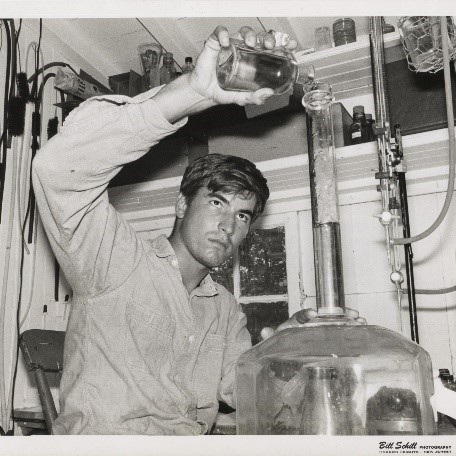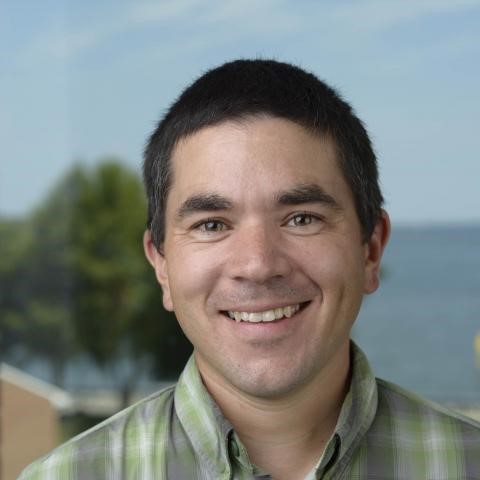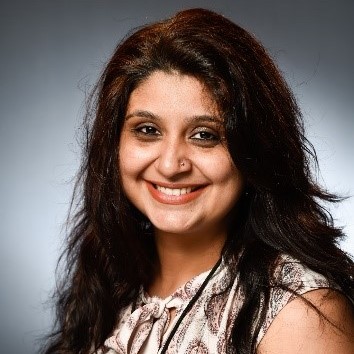- About
- Affiliates
- Join
- Publications
- Estuaries and Coasts
- CERF's Up! Quarterly Bulletin
- Coastal & Estuarine Science News (CESN)
- CERF-Lit
- Advertising
- Programs & Events
- Inclusive Culture
- Communities
Coastal & Estuarine Research Federation
|
2021 CERF Webinar: Preparing for the next 50 years of Coastal and Estuarine Science
Tuesday, January 26, 2021, 10:00 AM - 11:00 AM PST
Category: CERF Events & Webinars
Preparing for the next 50 years of Coastal and Estuarine Science26 January 2021 | 10:00 AM – 11:00 AM (PT) | 1:00 PM – 2:00 PM (ET) PricingMembers: Free | Non-Members: $25
About the WebinarFor 50 years, (C)ERF as an organization has promoted research, education and management of estuaries and coasts. As CERF moves into its second 50 years, what sorts of science questions will need to be addressed, and how does the federation position itself to be inclusive and support the diversity of people and positions we envision in a rapidly changing world? We have put together a panel of three speakers: Bob Christian, Jeremy Testa, and Mona Behl, who will give their perspectives on future challenges and opportunities for CERF science and CERF scientists. Did you miss this webinar? All webinar recordings are available to members in the Webinar Library (login required)! CERF Webinar LibraryPresentersIn 1967 Bob Christian’s entry into estuarine science was as an undergraduate on the Great Bay, NJ, mentored by Jim Durand at Rutgers University, Camden. His PhD dissertation research was on Sapelo Island under Bill Wiebe at the University of Georgia. After a few years at Drexel University, Bob spent the rest of his career at East Carolina University. He retired, or at least stopped getting a salary, in 2010 as a distinguished professor. Research with his students and colleagues has focused on coastal ecosystems along the Atlantic and Gulf coasts of the USA and in the Mediterranean. They have studied nutrient cycling, especially the nitrogen and carbon cycles, and energy flow. While initial interests were in microbial communities and processes, his research took broader perspective. Thus, studies extended to primary production of macrophytes, food webs, and ecosystem state changes. Much effort has been devoted to network analysis as a mathematical tool for comparisons among and within ecosystems. He has been active in promoting large-scale studies. These efforts have been associated with the U.S. Long-term Ecological Research (LTER) and International LTER programs, and the Global Terrestrial Observing System of the UN. He served as president and in other positions for both AERS and CERF. His first ERF meeting was in 1973, and first AERS meeting in 1978. Basically, he’s old! Jeremy Testa is an Associate Professor at the UMCES Chesapeake Biological Laboratory in Solomons, Maryland. Jeremy is a coastal systems ecologist whose research has an emphasis on the processes of eutrophication, nutrient cycling, dissolved oxygen dynamics, and carbonate chemistry. Jeremy uses a combination of experimental approaches, historical data analysis, and coupled biogeochemical-hydrodynamic modeling studies to link biogeochemical dynamics to ecological communities in estuaries and coastal ecosystems. Mona Behl serves as associate director of NOAA's Sea Grant program at the University of Georgia where she also holds public service and academic appointments. In her current role, she collaborates with the director to provide administrative and financial leadership to Georgia Sea Grant, direct its research and fellowship portfolios, and ensure the quality, relevance and impact of Sea Grant activities in Georgia. Behl is passionate about improving access, engagement and leadership development of historically marginalized people in the geosciences. She co-led the development of Sea Grant's 10-year diversity; equity and inclusion vision plan, Sea Grant’s community-engaged internship program, and American Meteorological Society’s (AMS) Early Career Leadership Academy. She currently serves on the leadership board of Earth Science Women’s Network, and is a Non-Residential Policy Fellow with the AMS. Behl earned her bachelors and master’s in Physics (Honors) from Panjab University (India), and doctorate in Physical Oceanography from Florida State University.
|

 Prev Month
Prev Month View Month
View Month Search
Search Go to Month
Go to Month Next Month
Next Month


 Export Event
Export Event